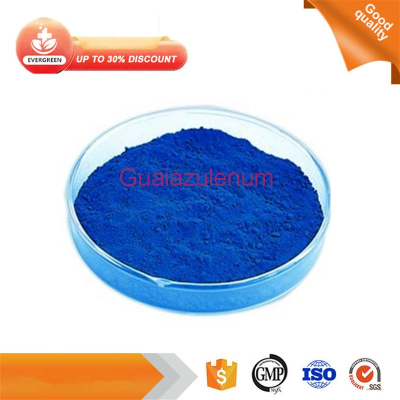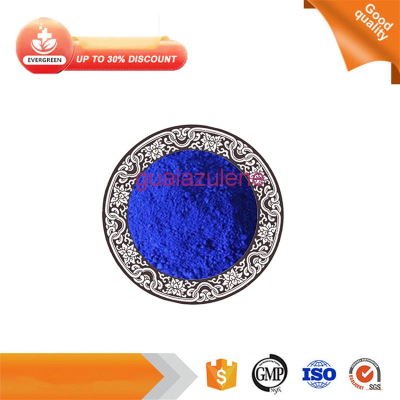-
Categories
-
Pharmaceutical Intermediates
-
Active Pharmaceutical Ingredients
-
Food Additives
- Industrial Coatings
- Agrochemicals
- Dyes and Pigments
- Surfactant
- Flavors and Fragrances
- Chemical Reagents
- Catalyst and Auxiliary
- Natural Products
- Inorganic Chemistry
-
Organic Chemistry
-
Biochemical Engineering
- Analytical Chemistry
- Cosmetic Ingredient
-
Pharmaceutical Intermediates
Promotion
ECHEMI Mall
Wholesale
Weekly Price
Exhibition
News
-
Trade Service
Prion disease is a deadly neurodegenerative disease in humans and animals caused by the spread of prion virus: an atypical infection factor that is caused by the host prion virus alone or primarily.
is thought to be transmitted by binding to normal prion proteins, through template-induced structural changes, and fission of polymers.
can be obtained through dietary exposure to prions or through medical or surgical procedures, which can lead to a public health crisis.
human prion disease is a rare and often rapidly fatal neurodegenerative disease, the most common being the exudable Creutzfeldt-Jakob disease (sCJD).
variation of the PRNP gene that encodes the prion protein is a strong risk factor for sCJD, but although the disease is similar to other neurodegenerative diseases, no other genetic risk points have been confirmed.
our goal is to identify new genetic risk factors for sCJD and their pathogenesis.
method: Using a two-stage study design of genotypic arrays and exon group sequencing, we conducted genome-wide association studies of sCJD in people of European descent (patients diagnosed with suspected or confirmed sCJD at the National CJD Referral Center).
the conditional, transcriptional and histological analysis of related genes and proteins in brain tissue, as well as the effects of risk variation on clinical esotypes, were conducted using deep vertical clinical queue data.
data for healthy individuals came from publicly available data sets that matched countries.
: Samples of 5,208 cases were collected between 1990 and 2014.
We found 41 genome-wide significant single nucleotide polymorphisms (SNPs) at three bits associated with sCJD risk and independently copied three bits associated with sCJD risk: PRNP (rs17999)× 90; . . . . . . . . . . . . . . . . . . . . . . . . . . . . . . . . . . . . . . . . . . . . . . . . . . . . . . . . . . . . . . . . . . . . . . . . . . . . . . . . . . . . . . . . . . . . . . . . . 01×10-135), STX6 (rs3747957×; or 1.16. -9) and GAL3ST1 (rs2267161; or 1.18 ( 1.12-1.25) and p . . . 8.60×10-10).
follow-up analysis suggests that the association between PRNP and GAL3ST1 may be caused by common variants that alter protein sequences, while the risk variation in STX6 is associated with an increase in the expression of major transcripts in disease-related brain regions.
, for the first time, we have presented strong statistically strong genetic evidence of circulating human prion disease, suggesting that intracellular transport and pyrethione lipid metabolism are molecular pathogenic mechanisms.
Jones, Emma et al. Credit of novel risk loci and causal insights for sporadic Creutzfeldt-Jakob disease: a genome-wide association study. The Lancet Neurology, Volume 19, Issue 10, 840 - 848MedSci Original Source: MedSci Original Copyright Notice: All text, images and audio and video materials on this website that indicate "Source: Met Medical" or "Source: MedSci Original" are owned by Mets Medical and are not authorized to reproduce, and any media, website or individual must indicate "Source: Mays Medicine".
all reprinted articles on this website are for the purpose of transmitting more information and clearly indicate the source and author, and media or individuals who do not wish to be reproduced may contact us and we will delete them immediately.
at the same time reproduced content does not represent the position of this site.
leave a message here







